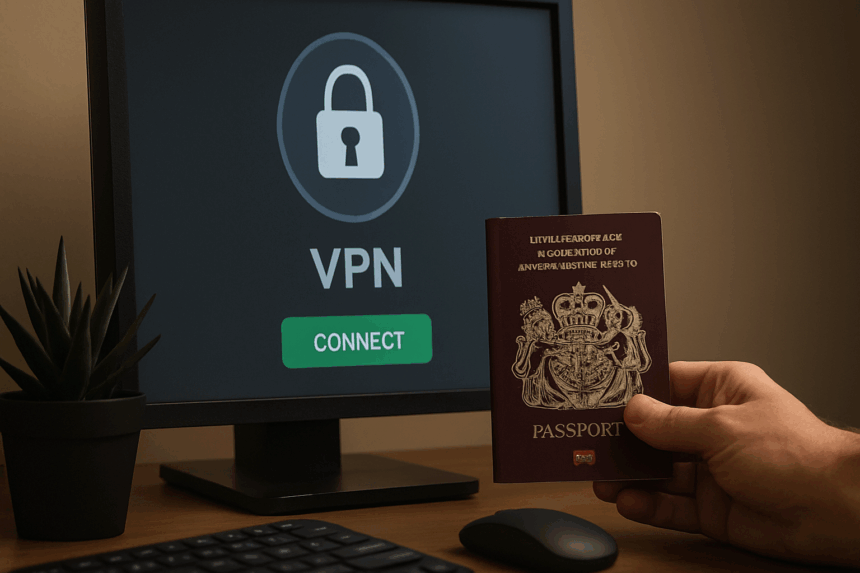The United Kingdom starts enforcing strict age verification for accessing adult content online. The new rules require users to verify their age by submitting a valid ID, a facial scan, or banking information. This change sparks a dramatic surge in VPN registrations as people seek to bypass these restrictions. The UK’s enforcement that protects minors poses privacy and accessibility concerns.
What’s Happening & Why This Matters
From 25 July 2025, UK residents must verify their age before accessing pornography, dating apps, and certain social media content. This replaces the previous system where users simply clicked a checkbox claiming to be 18 or older. Platforms like Pornhub, YouPorn, and Reddit commit to complying with the regulations.
The UK’s Online Safety Act mandates that sites implement robust age checks to prevent minors from viewing harmful content. Failure to comply can result in fines up to £18 million or 10% of global revenue. The regulator, Ofcom, calls these measures essential for creating a safer online environment, especially for children.

Users must submit government-issued IDs, face scans, or bank data through trusted third-party verifiers, Yoti or Persona. While platforms (e.g., Meta, Discord) assure users that their data remains private and is not stored, critics worry about potential phishing or hacking risks.
The new rules create a loophole: users can use Virtual Private Networks (VPNs) to mask their location and bypass UK restrictions. This possibility leads to a massive rise in VPN sign-ups. For example, Proton VPN saw a 1,400% surge in UK registrations immediately after the law took effect. This increase outpaced VPN sign-up spikes in France and Turkey, where similar restrictions and political unrest also drove VPN demand.
Many UK residents express scepticism about handing over sensitive personal data to unregulated age verification providers. Privacy advocates, including James Baker from the Open Rights Group, warn that these requirements could expose users to data breaches and surveillance.
Meanwhile, similar age restriction laws are emerging across 24 U.S. states: Texas, Florida, and Utah. Despite legal challenges, courts uphold these measures to protect minors from adult content online. Other states, including California and Hawaii, are considering similar rules.
TF Summary: What’s Next
The UK’s enforcement of adult content age verification led to a sharp rise in VPN use, as users seek privacy and access alternatives. While the law’s goal is to protect children, it fuels debates on data privacy, digital rights, and censorship.
Regulators and platforms need to safeguard minors while respecting user privacy. The VPN surge is an indicator of the desire for online anonymity tools amid tightening content controls. A continuous dialogue is required for policymakers, innovators, creators and digital rights groups.
— Text-to-Speech (TTS) provided by gspeech


